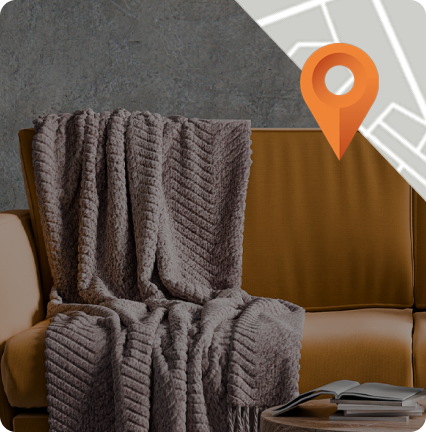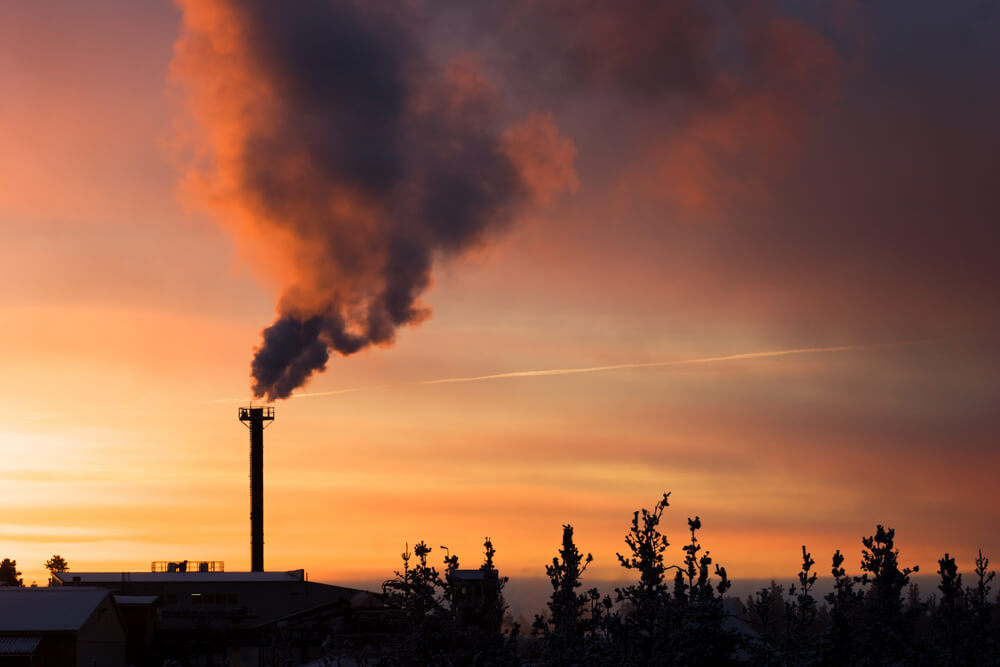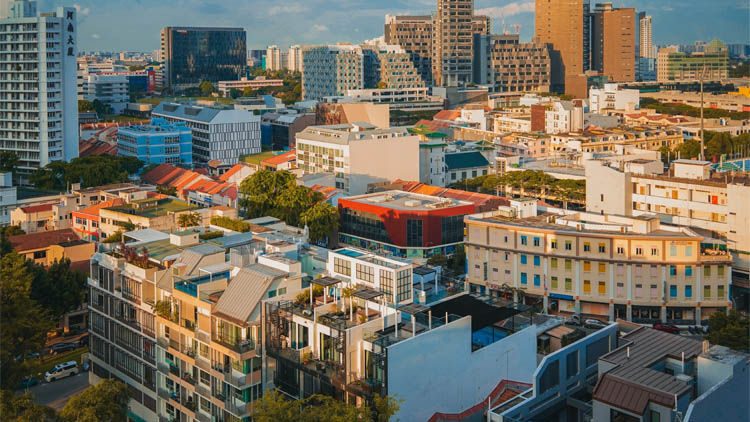Not only do safe distancing measures, travel restrictions, and stay-home policies help break the chain of COVID-19 transmission, but they have also helped reduce deadly air pollution around the world.
Researchers from IQAir – a global air quality information and tech company – studied 10 major cities around the world that have relatively high numbers of coronavirus cases and have implemented COVID-19 lockdown measures.
Their analysis shows that these cities have seen decreased rates of deadly particulate matter by up to 60% during a three-week lockdown period, compared to the particulate matter levels in 2019.
- New Delhi saw a 60% reduction
- Seoul saw a 54% drop
- Wuhan’s average concentration of PM2.5 plunged from 63.2 and 43.9 micrograms per cubic meter in February and March 2019 respectively, to 36.8 and 32.9 in the same months this year.
- Los Angeles concentration levels down by 31%
- Europe, London, Madrid, and Rome all experienced reductions in their PM2.5
This comes as a silver lining, since air pollution, like COVID-19, is a global public health crisis. Pollution kills seven million people each year, according to the World Health Organization (WHO).
How does air pollution harm our health?
Harmful microscopic particulate matter known as PM 2.5 is smaller than 2.5 micrometres in diameter. It is considered particularly dangerous as it can lodge deep into the lungs and pass into other organs and the bloodstream, causing serious health risks.
The WHO considers anything above 25 levels of PM 2.5 to be unsafe.
For more peace of mind, here are more ways to keep the coronavirus out of your home and boosting your family’s natural defences. If you’re working from home, here are some handy tips to maintain productivity or remain focused even with kids around.
Source: CNN



































































